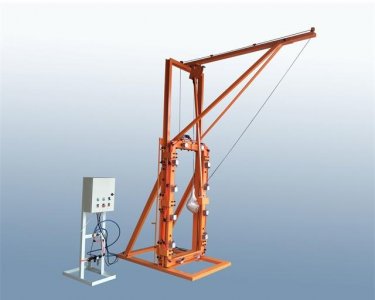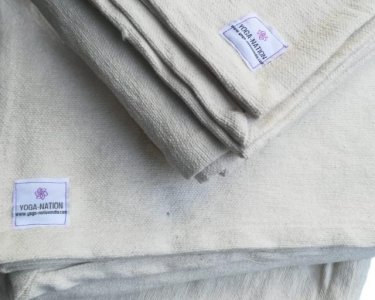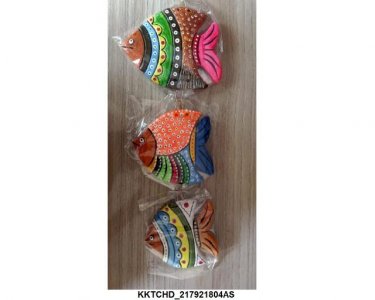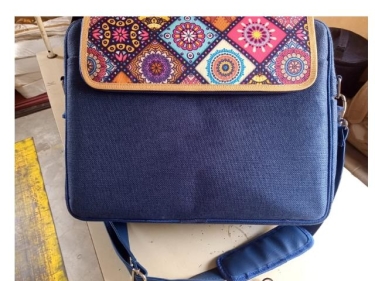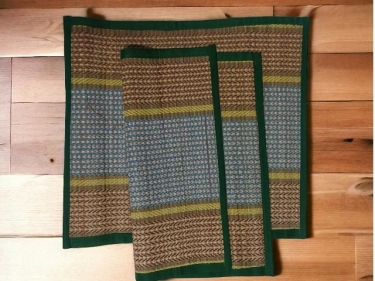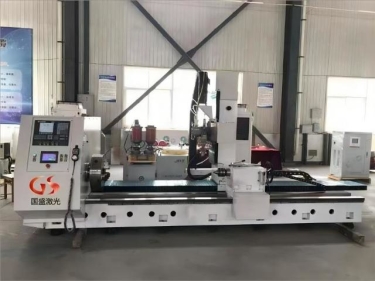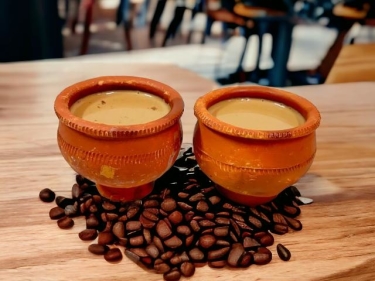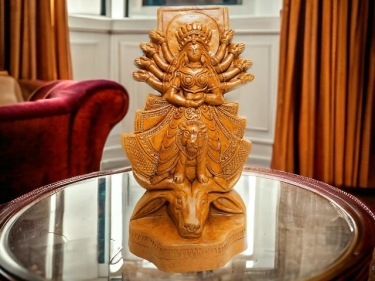Search Results for "algeria" in "Algeria" on Export Portal
Active Filters
-
Keywords:
-
Country:
- Clear all
New Search
Couldn't find the product you want?
Fill out this form to request the product.
Exports

Algeria is a North African nation being blessed with natural resources. Practically the gas and oil sector represent 98% of its exports. The country's government is committed to opening up international trade, and undertaking joint ventures with Algerian businesses to support them and consequently help boost export activities. Today new policies are being implemented in Algeria that include initiating negotiations with the country's main trading partners such as the US, the EU and its traditional partners in Africa and Arab countries.
Concerning trade with Algeria, the exporter wishing to make a collaborative and long lasting approach to the Algerian market has to launch an Algerian subsidiary under local laws. This branch will deal with the Algerian wholesalers and distributors. Algeria's top exports include hydrocarbons and animal products, with the US as its leading exporting partner while its top imports are consumer goods and food materials exported mainly from France.
At the present time the industries that have been showing most growth and offer the best opportunities for exporters are: energy, construction, capital goods, environment, transport, electronic products, food and electrical goods.
Export Portal is one the leading global online marketplaces also featuring Algeria business directory and sell leads of Algerian Manufacturers, Foreign importers, Algerian Importers and suppliers. At exportportal.com you can find a wide selection of quality products from Algeria, including Algerian clothing, Algerian food, Algeria leather goods and many, many more.
Customs requirements of Algeria
Algerian Department of Customs
Website: http://www.douane.gov.dz/
Email: dinf@douane.gov.dz
Over the last few years, Algeria has intensified the liberalization of its trade with foreign countries. However, the country levies high customs duties on some goods to protect national production. All import and export transactions of goods and services must be domiciled with a bank. Since 1 September 2005, the association agreement between the European Union and Algeria has been in force. A large number of products have been exempted from Customs duties. Moreover, Algeria is a member of the Arab Maghreb Union (UMA).
Customs Procedures:
Restrictions:
It is only prohibited to export cultural artifacts, specimens of flora and fauna which are threatened with extinction and war material, arms, munitions and suchlike. Some other products are controlled for export, such as hydrocarbons, etc.
Export Taxes:
None
Export Clearance:
Export procedure does not present any particular difficulties apart from the elementary rules of exporting (Register of Commerce, obligation to repatriate income from export, etc).
Necessary Declaration:
The Customs declaration must contain information on the origin of the goods, the Customs tariff and Customs valuation of the goods.
Import Porcedures:
To import or export goods, you must present a detailed declaration to the Customs office; it must be written and signed by the informant.
Customs Duties and Taxes on Import:
Customs Threshold:
No customs threshold.
Average Customs Duty (Excluding Agricultural Products): 0 to 30%
Products with a Higher Customs Tariff: caviar, with Customs Duty of 30% and Domestic Consumption Tax of 50%.
Preferential Rates:
Since 1 September 2005, the association agreement between the European Union and Algeria has been in force. A large number of products have been exempted from Customs duties. Moreover, Algeria is a member of the Arab Maghreb Union (UMA).
Import Taxes (Excluding Consumer Taxes):
None
Exporting a standard container of goods requires 8 documents, takes 17 days and costs about $1270. Importing the same container of goods requires 9 documents, takes 26 days and costs $1330.
Customs Regimes
1. Clearance for local consumption
Under this regime goods are imported into the customs territory of Algeria for local consumption and remain in this territory with no obligation to export.
The Import Declaration, is accompanied by the following general documents:
• Commercial invoice
• Bill of lading for goods transported by sea, or airway bill for air cargo shipments or CMR
• Certificate of origin: for goods originating in the European Community, original of the certificate EUR1 issued by the Customs authorities of the exporting country
• Insurance policy
• Packing list
• For products subject to specific regulations, any other documents required (in particular phytosanitary and sanitary certificates)
• Importers must show evidence of their registration with the Companies Registry: copy of the certificate of registration and copy of the tax identification card.
2. Customs bonded warehousing
Under this regime goods imported into the customs territory of Algeria are stored under in warehouses customs control without payment of customs duties or VAT and taxes until released for local consumption or placed under another customs regime.
3. Inward processing
Using this regime eligible companies carry out, under the customs control, the production, transportation, refining and processing of a number of products, mainly hydrocarbons and chemicals. Imported goods are admitted to the customs territory of Algeria with a full conditional exemption from customs duties and taxes on the condition that the products are exported from the territory of Algeria. If the processed goods are exported, no customs duty or VAT is payable on the import of the goods.
Imported goods that have been processed under this regime are released for local consumption after the customs authorities have assessed the amount of import duties payable and import duties and taxes have been fully paid.
4. Free admission
This regime allows the import of goods without payment of customs duties or VAT and taxes: such imported goods must be identical to goods obtained on the local market and used for manufacturing products which have been exported.
5. Temporary admission
Temporary admission applies to goods imported to be used in Algeria for the purpose of a specific project or exhibition which will be re-exported in the same state: such goods enjoy a full relief from customs duty and VAT.
6. Transit
Under this Customs regime foreign goods are moved within the customs territory of Algeria under customs control between one customs office and another customs office either by air or by land.
Sources:
https://en.santandertrade.com/international-shipments/algeria/customs-procedures
http://ec.europa.eu/agriculture/markets/export_refunds/forms/dz.pdf













